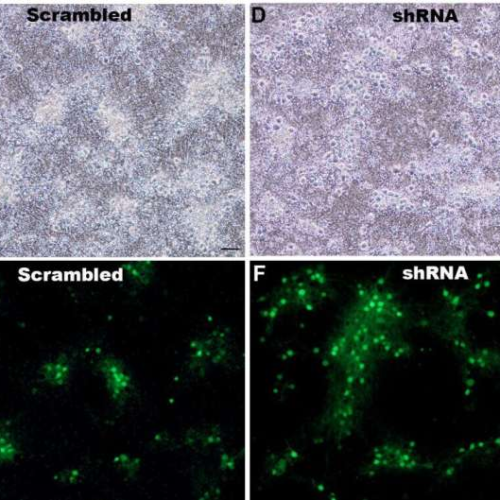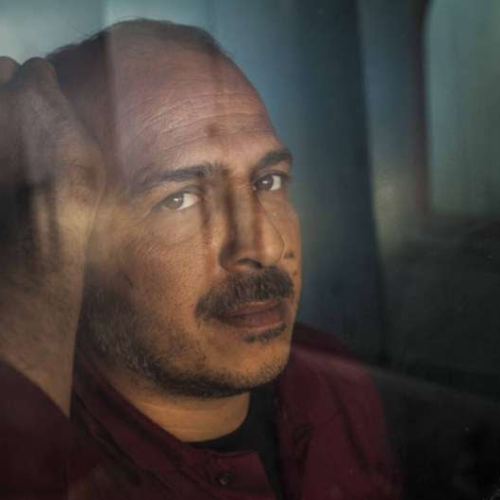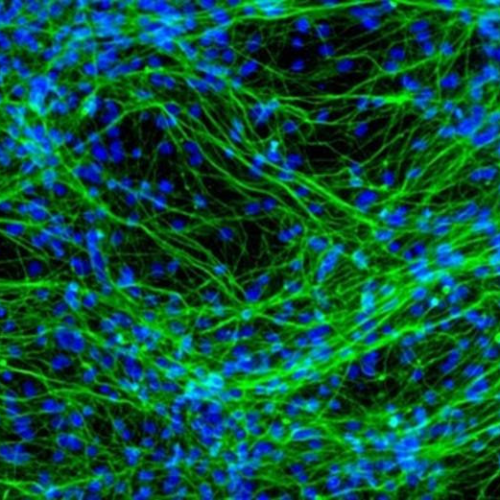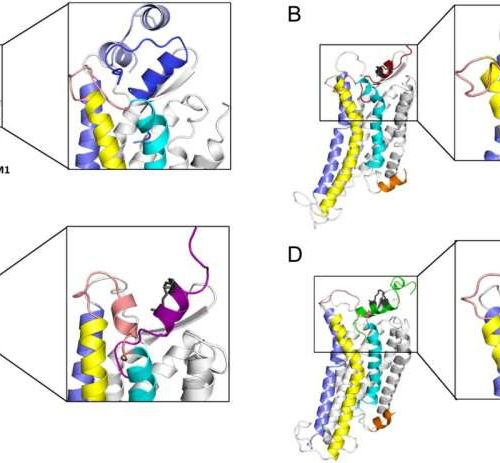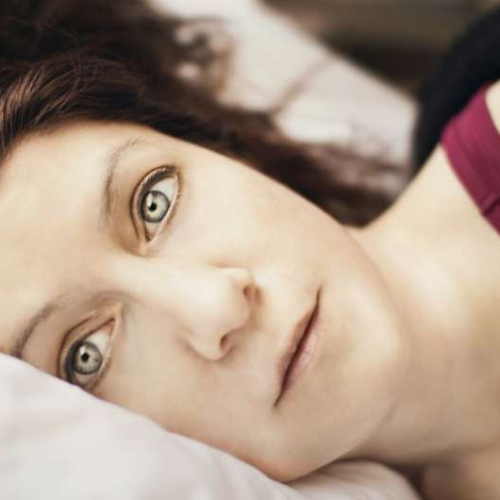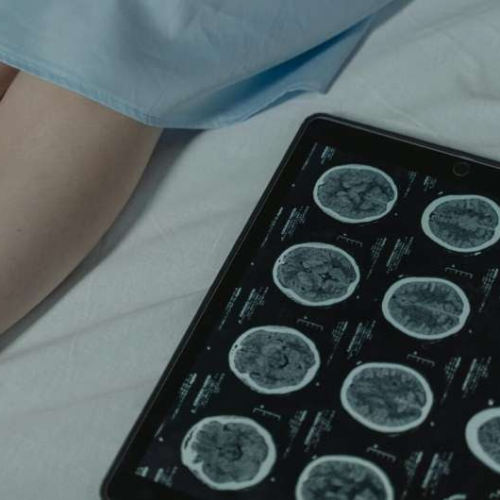August 21, 2024 by Ernie Mundell It’s not a replacement for actual psychotherapy, but a newly designed app could help young adults with mental health issues lower their anxiety, researchers report. The app, dubbed Maya, “can be an accessible and impactful tool for those looking for support around anxiety. It is incredible to see our...
Tag: <span>Anxiety</span>
RNA treatment shows promise for enhancing memory and reducing anxiety
September 5, 2024 by Genomic Press Targeting strategy to knock down the mouse HTR2A gene using shRNA and transduction efficiency in primary mouse cortical neurons. Credit: Genomic Psychiatry (2024). DOI: 10.61373/gp024r.0043Scientists at Cognigenics have made a significant advance in the field of neuroscience and mental health treatment. Their research, published in Genomic Psychiatry, demonstrates that...
Researchers discover an entirely new way to treat anxiety
Neuropsych — August 12, 2024 Researchers discover an entirely new way to treat anxietyManipulating a signaling pathway in mice reversed their anxiety — and offers hope for a new class of anti-anxiety medications for humans. Key TakeawaysRoughly a third of all Americans will experience an anxiety disorder at some point in their lives. While leading...
New therapies offer online support for anxiety and post-traumatic stress disorders
July 31, 2024 by University of Oxford Credit: Unsplash/CC0 Public DomainFour internet-based therapies developed by experts at the University of Oxford’s Department of Experimental Psychology and Department of Psychiatry are proving helpful for patients with social anxiety disorder and post-traumatic stress disorders and for children with anxiety disorders. Urgent treatment solutions are needed for children,...
New research links anxiety to higher Parkinson’s risk in over-50s
JUNE 24, 2024 by University College London Credit: Pixabay/CC0 Public DomainThe risk of developing Parkinson’s is at least twice as high in people with anxiety compared to those without, finds a new study by UCL researchers. The research, published in the British Journal of General Practice, investigated whether there was a link between people over...
Genetic “Switch” Controlling Anxiety Discovered
A genetic “switch” has been identified that plays a role in controlling anxiety levels, which could provide a new anxiety drug target. University of Aberdeen Credit: Liza Summer/ Pexels New research from the University of Aberdeen has identified an area of DNA in the human genome that plays a role in controlling anxiety. In the...
Uncovering anxiety: Scientists identify causative pathway and potential cures
Study reveals mechanistic roles of delta opioid receptors and specific neuronal pathways that are involved in anxiety-like behaviors in micePeer-Reviewed Publication TOKYO UNIVERSITY OF SCIENCE RESEARCHERS FROM TOKYO UNIVERSITY OF SCIENCE UNCOVERS A NOVEL MECHANISM OF ACTION INVOLVING SPECIFIC NEURONAL CIRCUITS IN THE BRAIN RELATED TO ‘ANXIOLYTIC’ OR ANXIETY-REDUCING EFFECTS OF THERAPEUTIC DELTA OPIOID RECEPTOR...
Modifying brain molecule relaxin-3 can potentially reduce side effects in treating anxiety, depression and more
by National University of Singapore An illustration of computer-modeled structures of complexes formed between RXFP3 and relaxin-3 or relaxin-3 B-chain stapled peptides. Credit: NUS Yong Loo Lin School of Medicine and University of Colombo, Sri LankaDrugs that treat conditions like depression and anxiety often come with varying side effects, as they regulate various functions within the...
Study finds mild COVID-19 infections make insomnia more likely, especially in people with anxiety or depression
by Frontiers Credit: Unsplash/CC0 Public DomainAlthough most patients diagnosed with COVID-19 will quickly recover, some people experience symptoms that linger well after they start testing negative again—including insomnia. Scientists already knew that insomnia was common in patients who had to be hospitalized, but a team of scientists led by Dr. Huong T. X. Hoang of Phenikaa...
Cognitive behavioral therapy alters brain activity in children with anxiety, study shows
by National Institutes of Health Credit: Tima Miroshnichenko from PexelsResearchers at the National Institutes of Health have found overactivation in many brain regions, including the frontal and parietal lobes and the amygdala, in unmedicated children with anxiety disorders. They also showed that treatment with cognitive behavioral therapy (CBT) led to improvements in clinical symptoms and brain...


